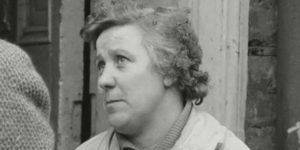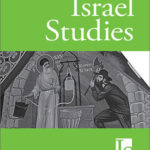Contested Terrain: A Lecture With Eyal Weizman
No comments yetCan architecture be a form of political intervention? This question is central to the work of Eyal Weizman, a writer, architect, and director of the Centre for Research Architecture at Goldsmiths, University of London. For this talk, Weizman discusses his approach to architecture as a research-led collaborative practice. Often working with an interdisciplinary team—artists, urbanists, forensic scientists, archaeologists, human rights advocates—he analyzes vacated buildings, maps, satellite imagery, and other spatial artifacts to unravel the contested politics in sites of conflict and violence, including Palestine, the Former Yugoslavia, and Guatemala, among others.
This lecture is presented in conjunction with Sacred Space/Contested Terrain, an interdisciplinary exhibition organized by the University of Minnesota’s Katherine E. Nash Gallery, School of Architecture, Department of Art, and Program in Religious Studies in collaboration with the Walker.
Weizman directs the European Research Council–funded project Forensic Architecture. He is one of the cofounders of the architectural collective DAAR—Decolonizing Architecture Art Residency—in Beit Sahour, Palestine. His books include The Least of all Possible Evils (2012), Mengele’s Skull (with Tom Keenan, 2012) Hollow Land (2007), and A Civilian Occupation (2003). Weizman is a regular contributor and an editorial board member for several journals and magazines, including Humanity, Cabinet, and Inflexions, and has lectured extensively around the world.
Comments
Leave a Reply





